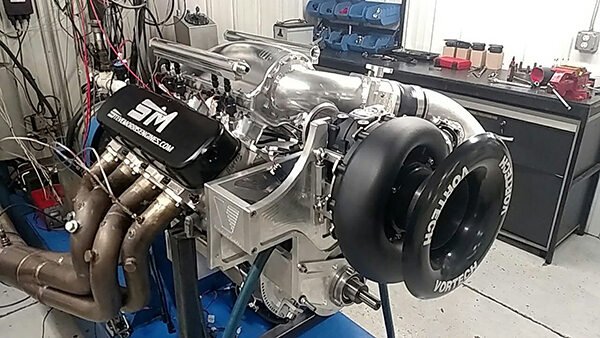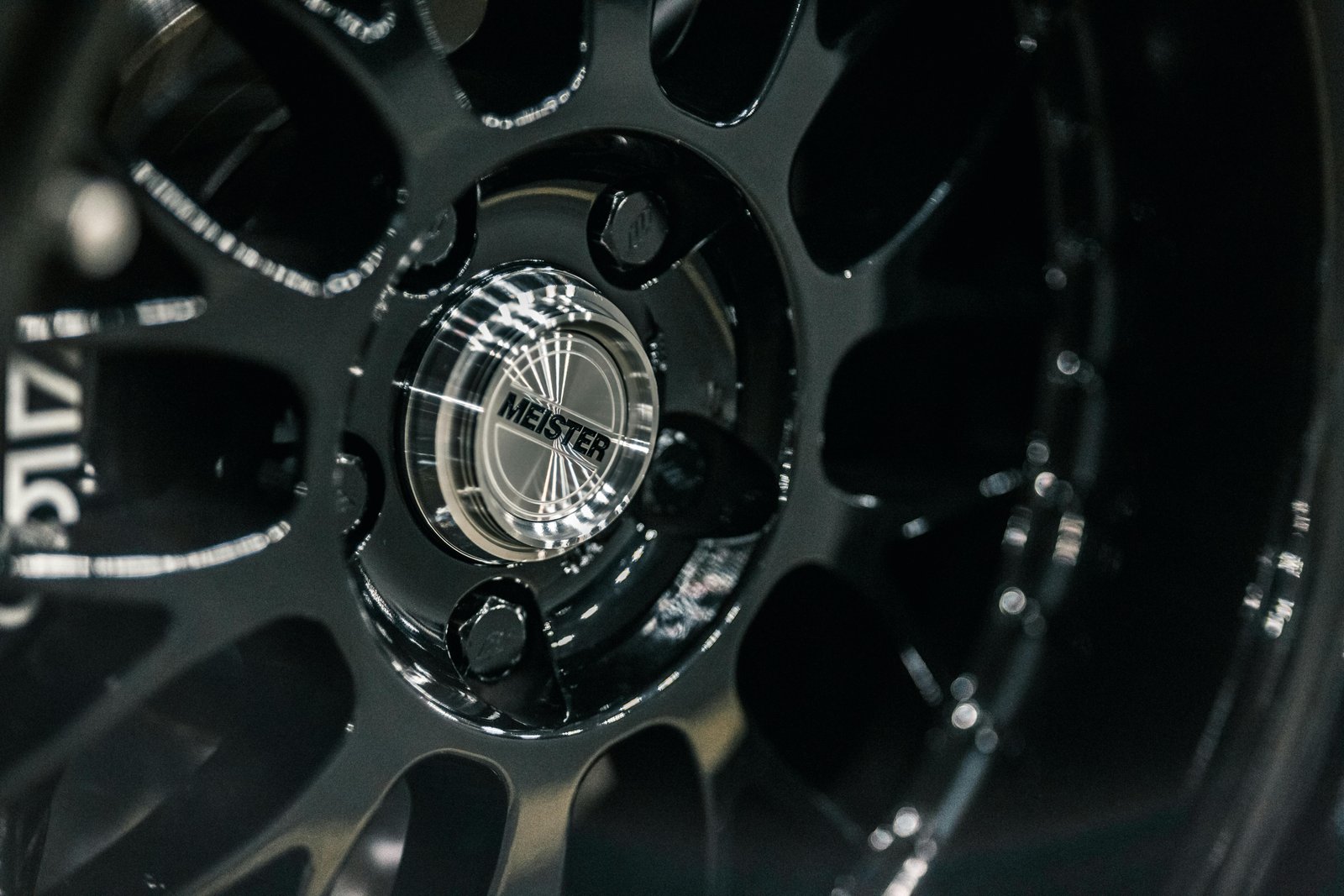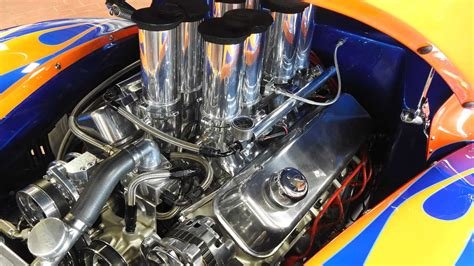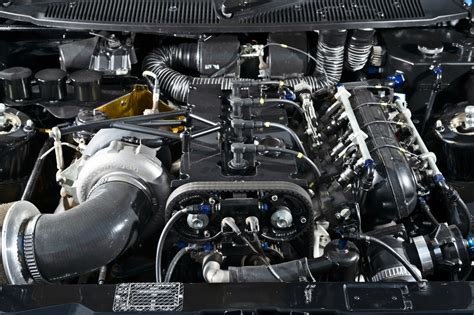Discover the benefits, types, and costs of engine tuning. Learn how to optimize performance, improve efficiency, and choose the right tuning for your vehicle.
Engine tuning is important for making your car perform better. It can boost power, save fuel, and reduce emissions. In this article, we will explain what engine tuning is, why it is beneficial, and the different types you can choose from. You will also find out how to do it, what it costs, and any problems you might face. Plus, we’ll discuss how to pick a good tuning service and what future trends to watch. Keep reading to get all the info you need about engine tuning.
Understanding Engine Tuning
Engine tuning is a crucial aspect of optimizing a vehicle’s performance. Engine tuning involves adjusting various components and settings to enhance the engine’s efficiency, power output, and overall driving experience. By understanding engine tuning, you can make informed decisions about improving your vehicle’s performance.

Engine tuning is important because it can significantly impact how your vehicle performs. Whether you’re looking to increase horsepower, improve fuel efficiency, or reduce emissions, tuning can address these needs. The main components involved in engine tuning include the ECU (Engine Control Unit), fuel injectors, air intake system, and exhaust system. Each of these plays a vital role in the engine’s functionality and efficiency.
Benefits of Engine Tuning
Engine tuning offers numerous benefits, including:
- Enhanced Engine Performance: Tuning can boost your engine’s power output and responsiveness, making for a more enjoyable driving experience.
- Improved Fuel Efficiency: Proper tuning can optimize the air-fuel mixture, leading to better fuel economy and reduced running costs.
- Increased Horsepower and Torque: By adjusting key engine parameters, tuning can enhance both horsepower and torque, providing better acceleration and overall performance.
- Reduced Emissions: Effective tuning can help meet emission standards by improving the combustion process and reducing harmful emissions.
Types of Engine Tuning
There are several types of engine tuning that you can consider:
- ECU Remapping: This involves modifying the engine control software to improve performance and efficiency. It’s a popular method for enhancing engine capabilities.
- Fuel Injection Tuning: Adjusting the fuel injectors and their timing can optimize fuel delivery, leading to better performance and efficiency.
- Turbocharging and Supercharging: Adding a turbocharger or supercharger increases the engine’s air intake, boosting power output significantly.
- Exhaust System Modifications: Upgrading the exhaust system can improve airflow and enhance engine performance.
- Air Intake System Upgrades: Enhancing the air intake system allows more air to enter the engine, improving combustion and power.

How to Perform Engine Tuning
When performing engine tuning, follow these steps:
- Preparing Your Vehicle for Tuning: Ensure your vehicle is in good condition and perform a thorough inspection before beginning any tuning process.
- Choosing the Right Tuning Method: Select a tuning method that aligns with your performance goals and budget.
- Professional vs. DIY Tuning: Decide whether to use a professional service or attempt tuning yourself. Each option has its pros and cons.
- Common Tools and Equipment Needed: Gather necessary tools such as diagnostic scanners, tuning software, and mechanical tools.
- Step-by-Step Guide to Engine Tuning: Follow detailed instructions specific to the tuning method chosen. This may involve adjusting settings in the ECU, modifying components, or installing new parts.
Cost of Engine Tuning
The cost of engine tuning can vary based on several factors:
- Factors Influencing the Cost: The complexity of the tuning process, the type of tuning, and the vehicle’s make and model all affect the cost.
- Average Cost of Different Tuning Services: Professional tuning services can range from a few hundred to several thousand dollars, depending on the extent of modifications.
- Comparing Professional and DIY Costs: DIY tuning may be less expensive but requires knowledge and expertise. Professional services offer precision and expertise but at a higher cost.
- Cost-Benefit Analysis: Consider the potential performance gains and fuel savings against the initial cost of tuning.

Common Engine Tuning Issues
While engine tuning can greatly improve performance, it’s essential to be aware of potential issues:
- Potential Risks and Drawbacks: Tuning can sometimes lead to unexpected problems, such as increased wear on engine components or reduced reliability.
- Troubleshooting Common Problems: Be prepared to address common issues like engine misfires or reduced fuel efficiency.
- How to Avoid Common Mistakes: Ensure you follow proper procedures and use high-quality parts to avoid common tuning pitfalls.
Engine Tuning and Vehicle Maintenance
Integrating engine tuning with regular vehicle maintenance is crucial:
- How Tuning Affects Long-Term Vehicle Health: Regular maintenance is necessary to keep your vehicle running smoothly after tuning.
- Integrating Tuning with Regular Maintenance: Schedule regular check-ups and maintain the vehicle’s critical systems to ensure continued performance.
- Ensuring Compatibility with Existing Components: Verify that new parts or modifications are compatible with your vehicle’s existing systems.

Legal and Environmental Considerations
Before proceeding with engine tuning, consider the following:
- Emission Regulations and Compliance: Ensure that any modifications comply with local emission standards to avoid legal issues.
- Understanding Warranty Implications: Be aware that tuning may affect your vehicle’s warranty. Check with the manufacturer before making changes.
- Impact of Tuning on Vehicle Insurance: Inform your insurance provider about any modifications, as they may impact your coverage or premiums.
Choosing a Professional Tuning Service
Selecting a reputable professional for engine tuning is vital:
- What to Look for in a Tuning Expert: Seek out experienced professionals with a good track record and positive reviews.
- Questions to Ask Before Hiring: Inquire about their experience, the types of tuning they specialize in, and their process.
- Evaluating Reviews and Recommendations: Check reviews and seek recommendations from other vehicle owners to ensure you choose a reliable service.
Future Trends in Engine Tuning
The field of engine tuning is constantly evolving:
- Emerging Technologies: Stay updated on new technologies that could enhance tuning methods and vehicle performance.
- Innovations in Tuning Equipment: New tools and equipment continue to improve the precision and effectiveness of tuning.
- Predictions for the Future of Engine Tuning: Look out for trends and innovations that may shape the future of engine performance enhancements.

By understanding and exploring these aspects of engine tuning, you can make informed decisions that enhance your vehicle’s performance and efficiency.
In summary, engine tuning can significantly enhance your vehicle’s performance and efficiency. By understanding the benefits, types, and costs, you can make better decisions for your car. If you have questions or want to share your experiences, leave a comment or share this article. Explore more of our content for additional tips and insights.
FAQs about Engine Tuning
What is engine tuning?
Engine tuning involves adjusting and optimizing various components of a vehicle’s engine to enhance its performance, efficiency, and reliability. This can include modifications to the engine control unit (ECU), fuel injection systems, turbochargers, and exhaust systems. The goal is to improve aspects like horsepower, torque, and fuel economy. Tuning can be performed professionally or as a DIY project, depending on your expertise and goals.
How does engine tuning benefit my vehicle?
Engine tuning provides several key benefits:
- Improved Performance: Enhances horsepower and torque for a better driving experience.
- Increased Fuel Efficiency: Optimizes fuel usage to save on fuel costs.
- Better Engine Response: Enhances throttle response and acceleration.
- Reduced Emissions: Helps meet or exceed emission standards.
These benefits can lead to a more enjoyable and cost-effective driving experience.

What are the different types of engine tuning?
There are several types of engine tuning to consider:
- ECU Remapping: Adjusts the engine’s computer settings to boost performance.
- Fuel Injection Tuning: Modifies fuel delivery for better efficiency.
- Turbocharging: Adds a turbocharger to increase air intake and power.
- Exhaust System Upgrades: Improves exhaust flow to enhance engine performance.
- Air Intake Enhancements: Upgrades the air intake system for better engine breathing.
Each type offers different advantages depending on your vehicle and performance goals.
How much does engine tuning cost?
The cost of engine tuning varies widely based on several factors:
- Type of Tuning: Basic adjustments may cost less than complex modifications.
- Vehicle Make and Model: Some vehicles are more expensive to tune.
- Professional vs. DIY: Professional services generally cost more than DIY options.
- Extent of Modifications: Extensive changes will increase the overall cost.
On average, costs can range from a few hundred to several thousand dollars. It’s essential to evaluate the potential performance gains against the investment.
Are there any risks associated with engine tuning?
While engine tuning can enhance performance, there are potential risks:
- Increased Wear: More power can lead to greater stress on engine components.
- Warranty Implications: Tuning might void your vehicle’s warranty.
- Legal and Emission Concerns: Ensure compliance with local regulations to avoid fines.
- Reliability Issues: Poor tuning can lead to engine problems or reduced reliability.
Understanding these risks helps you make an informed decision and avoid potential issues.